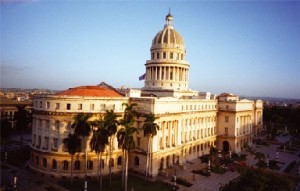Last Thursday morning, the Associated Press published an investigative report detailing the implementation of a USAID project that was designed to spread the use of a Twitter like service (called ZunZuneo) which could be used to eventually stir unrest in Cuba.
 Since then, U.S. Senator Patrick Leahy (D- VT) called for a Congressional Hearing about the Program, which was held this week. USAID issued an official response. Our friends at the Center for Democracy in the Americas, put together a great summary of the AP investigative report and responses to it. One of the main controversies that has surfaced is whether this was in fact a covert Program. The official response from White House Press Secretary Jay Carney, is that the Program was not a covert action, but a “discreet” form of humanitarian assistance.
Since then, U.S. Senator Patrick Leahy (D- VT) called for a Congressional Hearing about the Program, which was held this week. USAID issued an official response. Our friends at the Center for Democracy in the Americas, put together a great summary of the AP investigative report and responses to it. One of the main controversies that has surfaced is whether this was in fact a covert Program. The official response from White House Press Secretary Jay Carney, is that the Program was not a covert action, but a “discreet” form of humanitarian assistance.
Those of us involved in the movement to normalize relations with Cuba know that this is yet another example of scores of past and ongoing efforts (covert and non-covert) to destabilize the Cuban government. Take for instance a well known and non-covert project, Radio and Television Marti. The television and radio station is a multi-million dollar taxpayer funded program based in Miami that broadcasts so called “pro-democracy” messages towards Cuba, messages that are routinely blocked by the Cuban government. It is an ineffective effort that wastes approximately $34 million a year to support.
We applaud Senator Leahy for calling the congressional hearing on ZunZuneo and publicly critiquing and challenging this effort and its misplaced foreign policy objectives. While USAID representatives defend the program and its legality as aligned with its mission, we’re calling it as we see it: another example that the U.S. “mission” in Cuba is fundamentally flawed. We need real engagement to move forward from Cold War policies between the two countries, and a secretive, U.S. backed effort to inspire uprising is, in the words of Senator Leahy, “dumb, dumb, dumb.”
 Take Action!
Take Action!
- Sign the petition to end USAID’s dangerous, wasteful and counterproductive regime change program in Cuba.
- Ask President Obama to end the embargo against Cuba and lift all travel restrictions.
- Learn about the case of the Cuban Five.

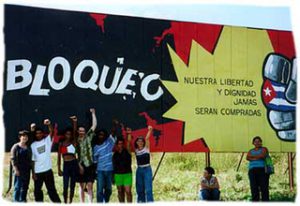

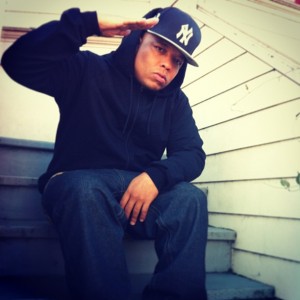

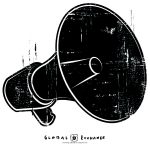 Help us
Help us 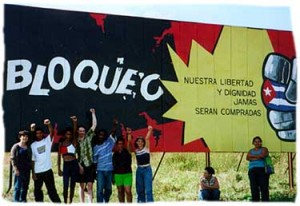 Furthering the
Furthering the 
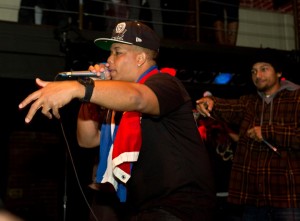
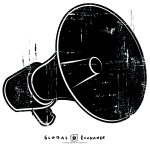 Take Action!
Take Action!

